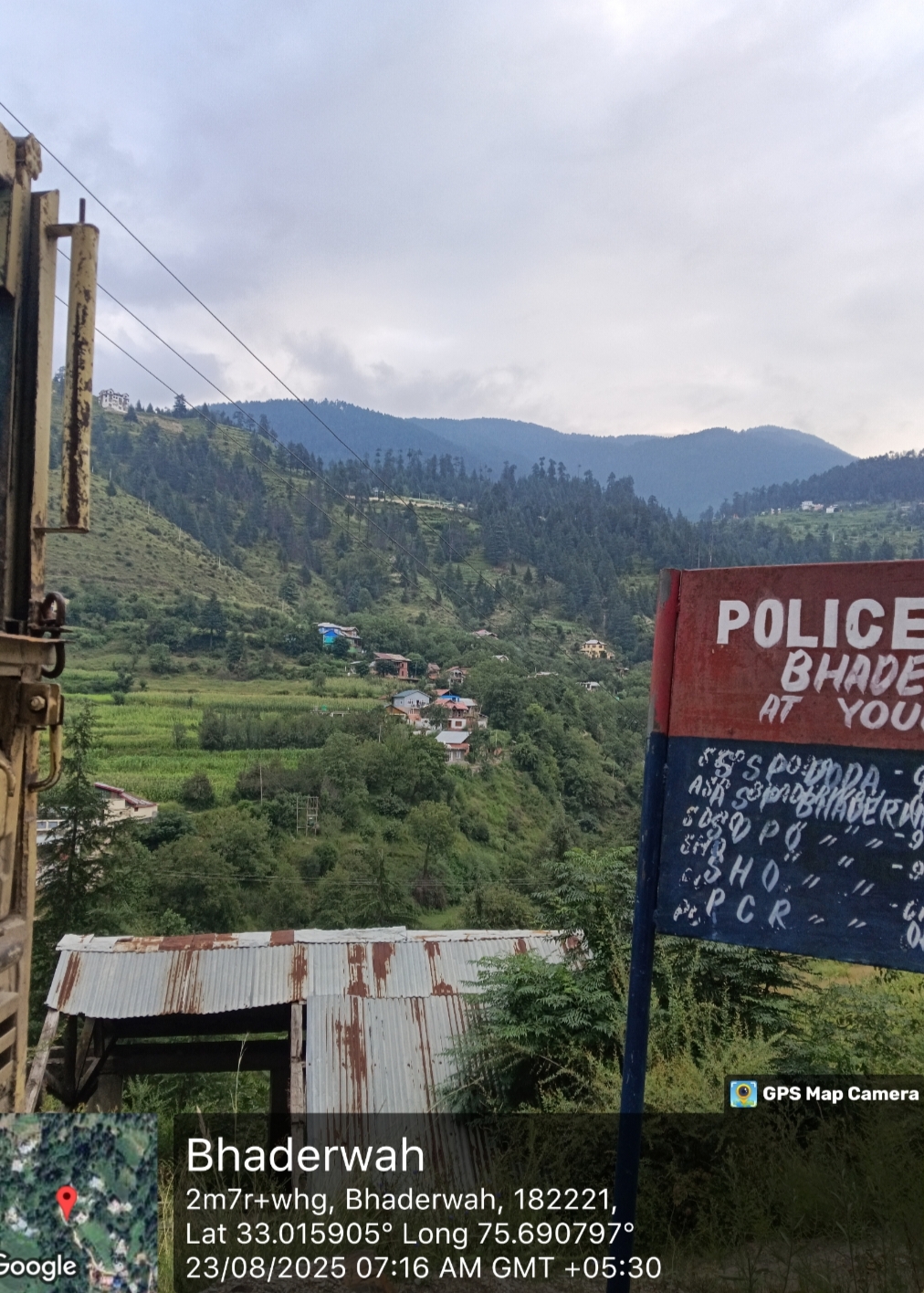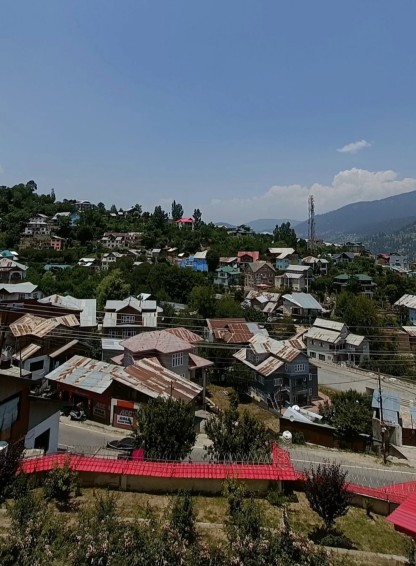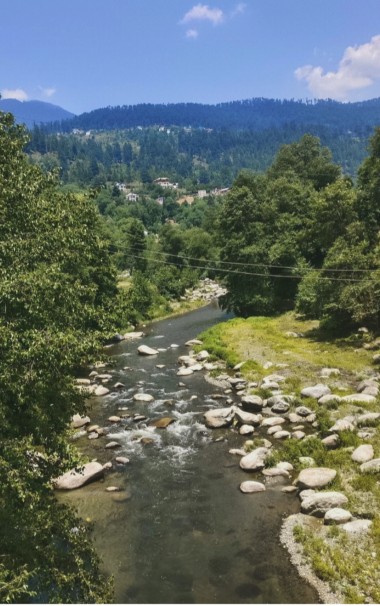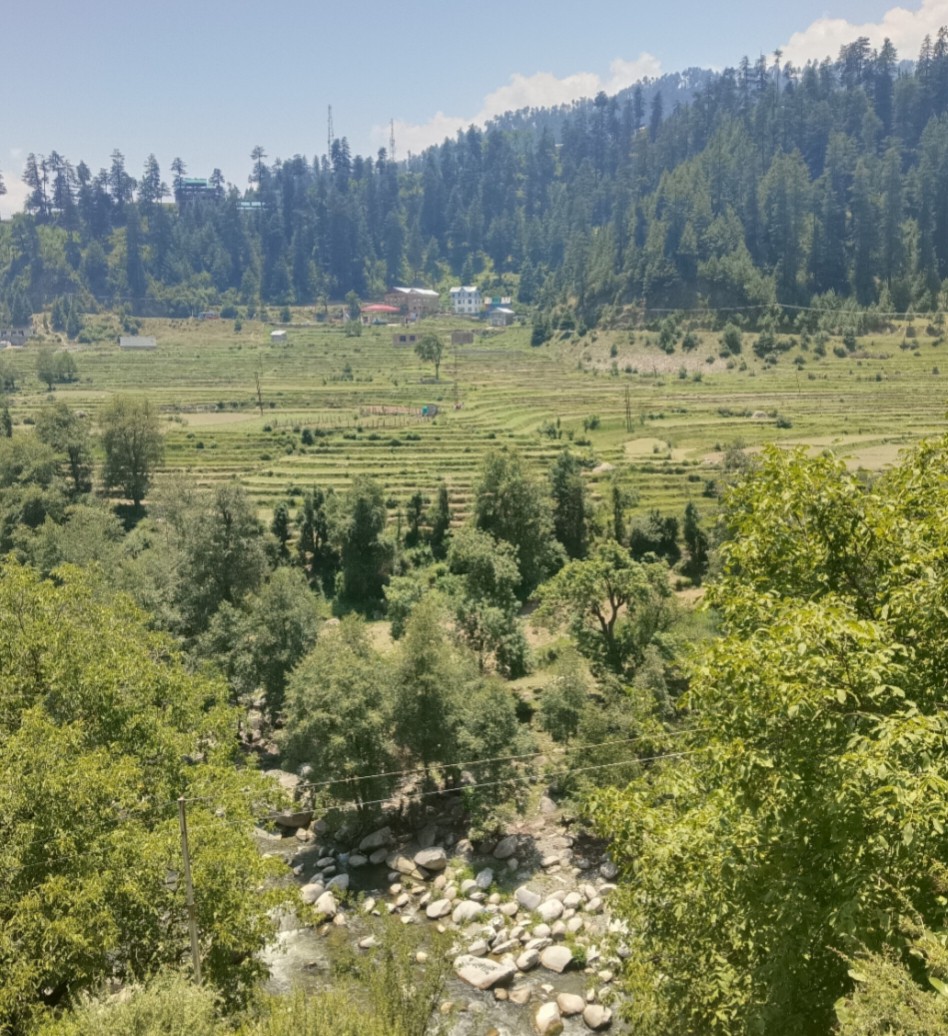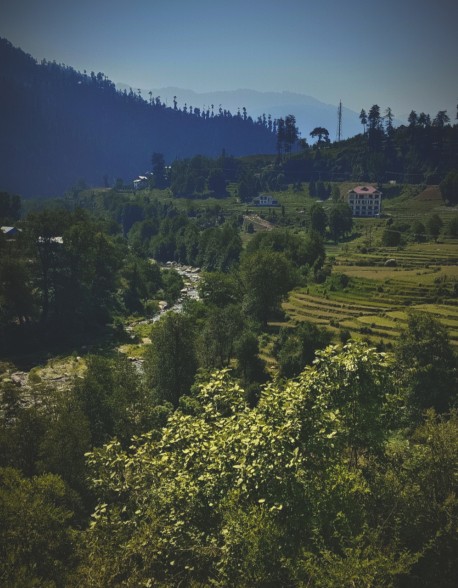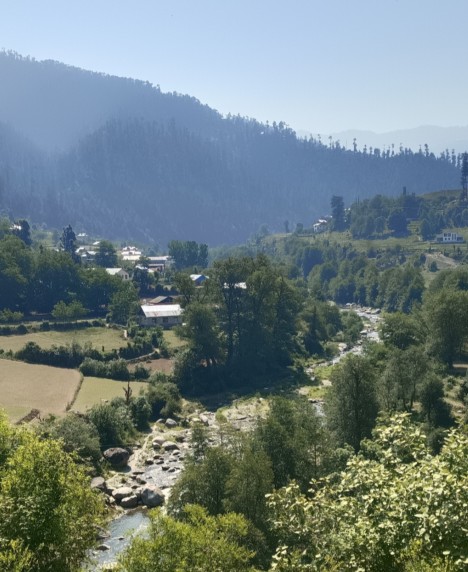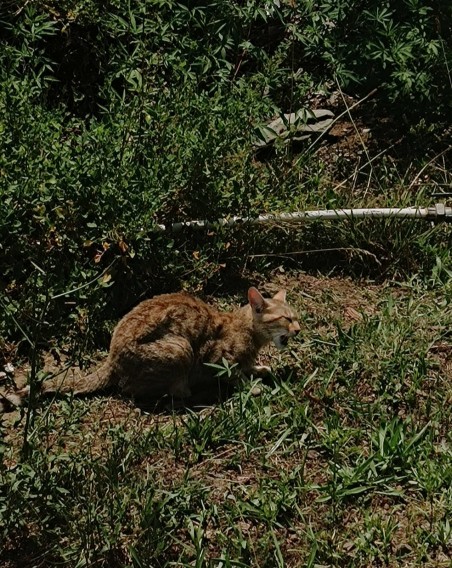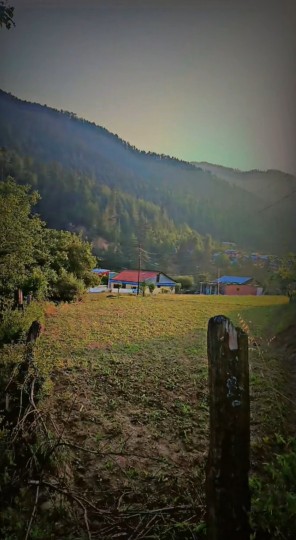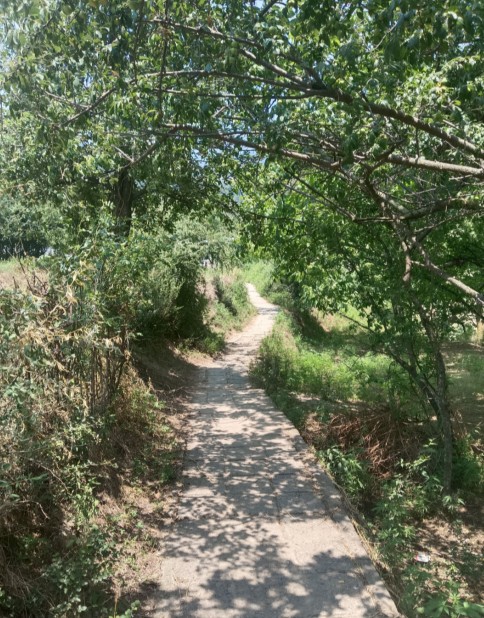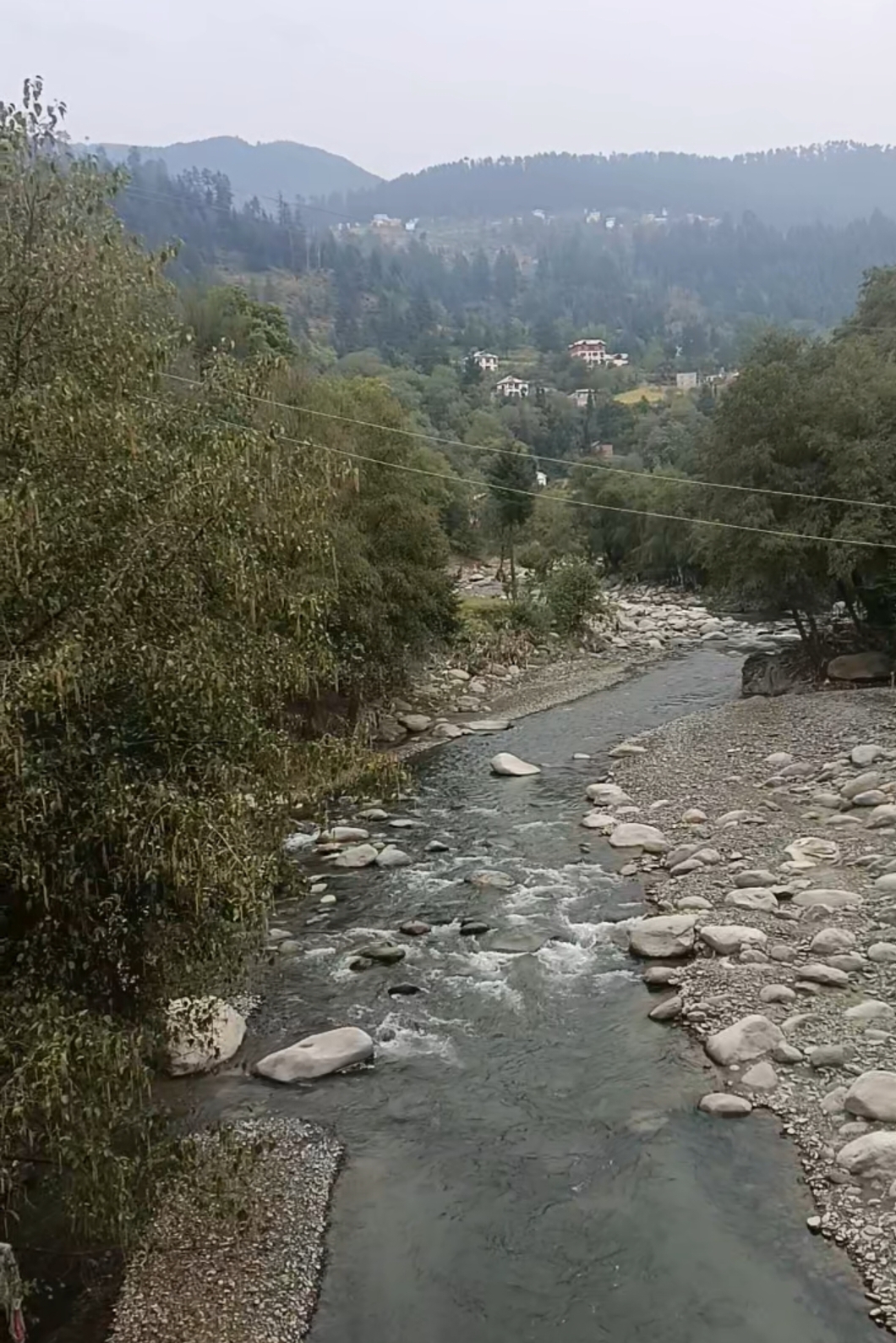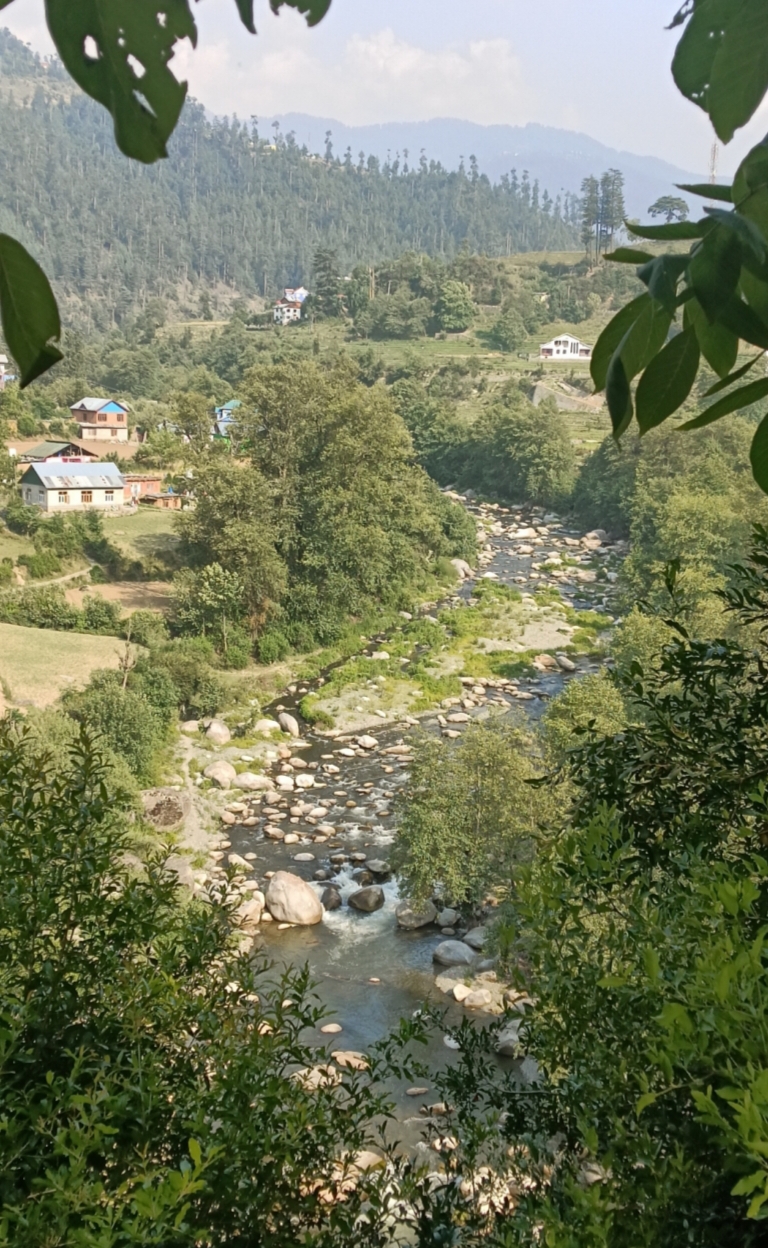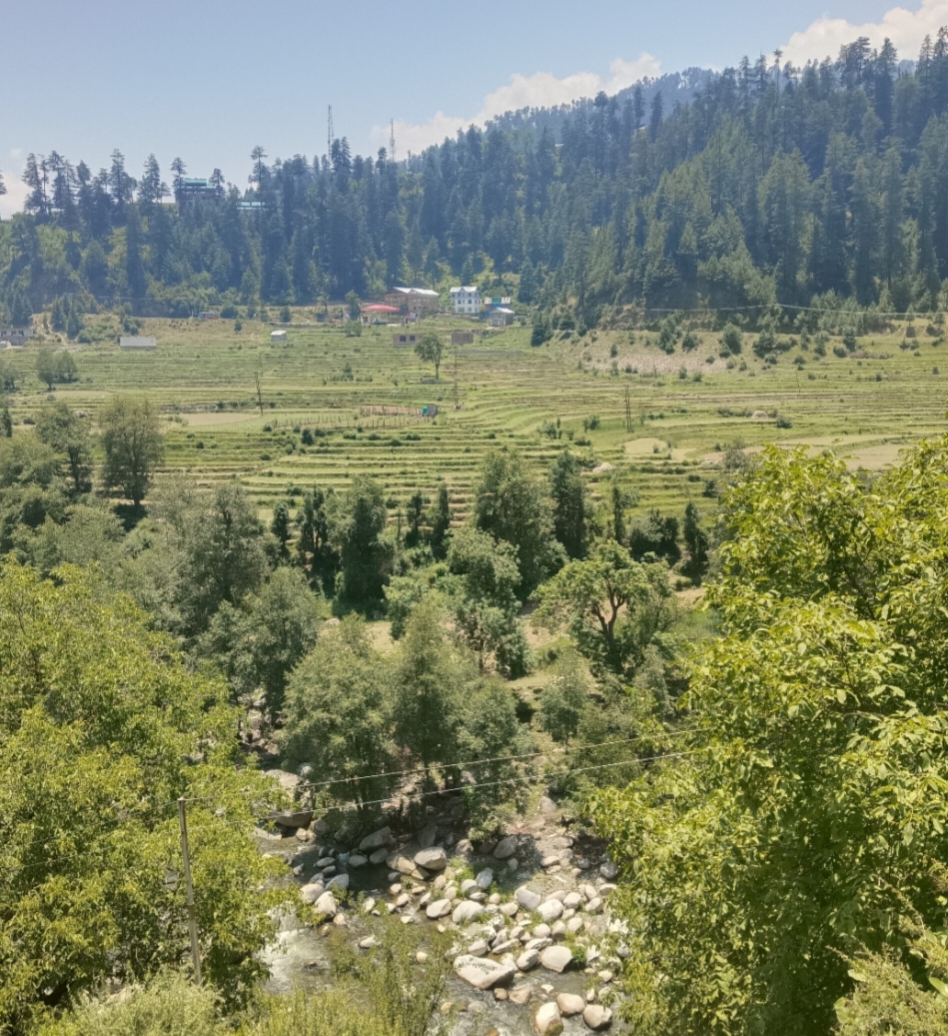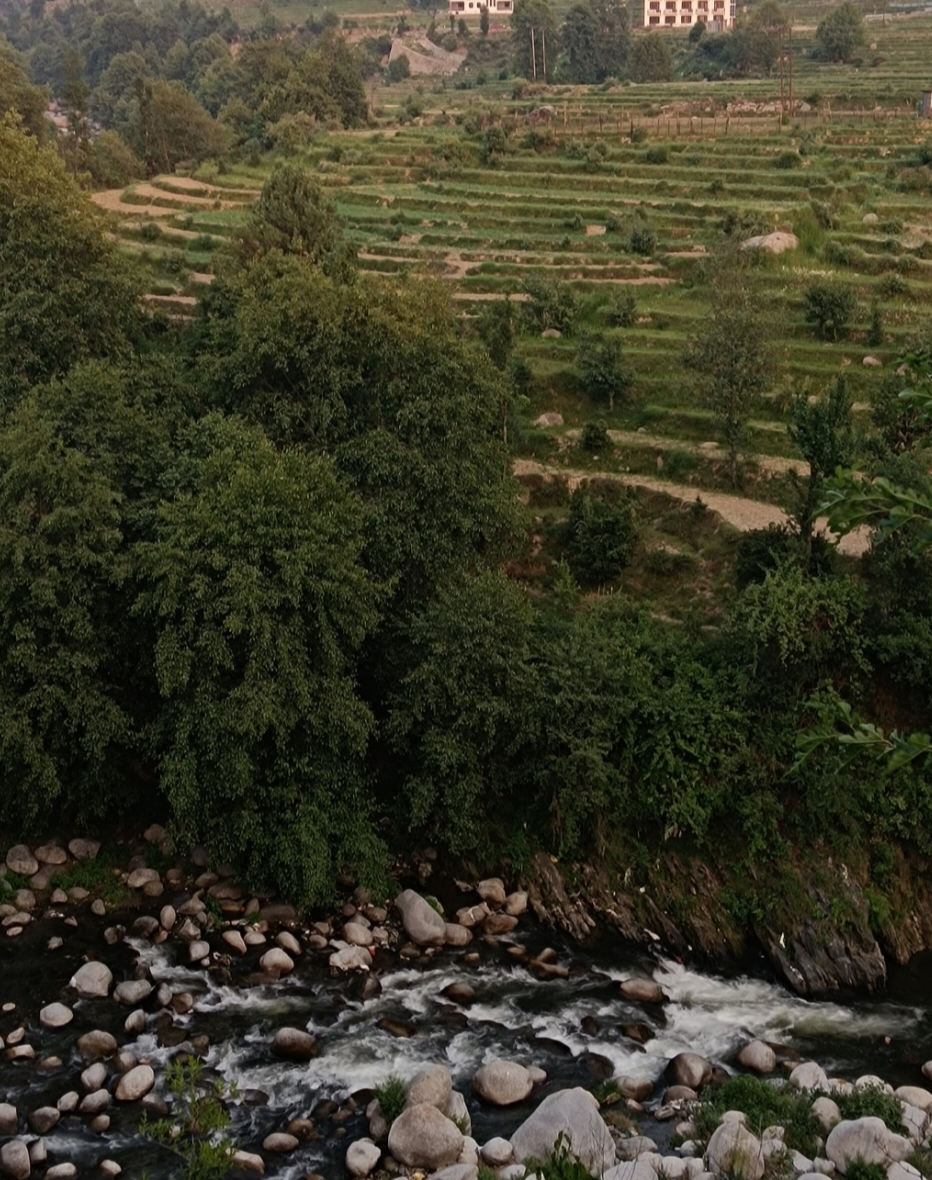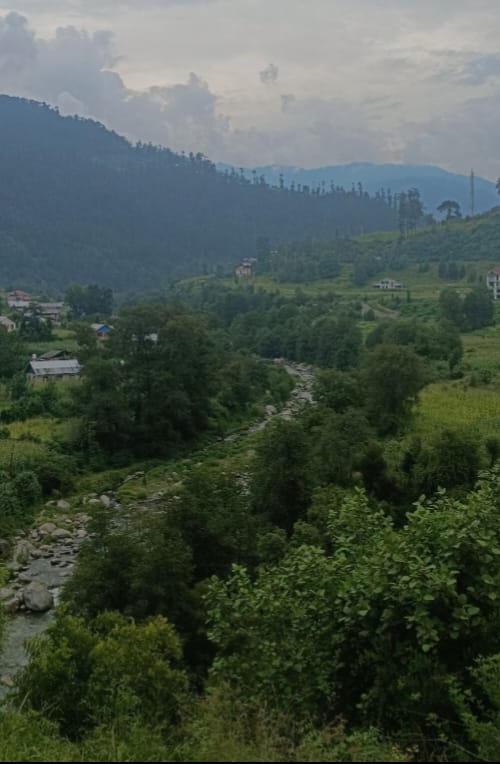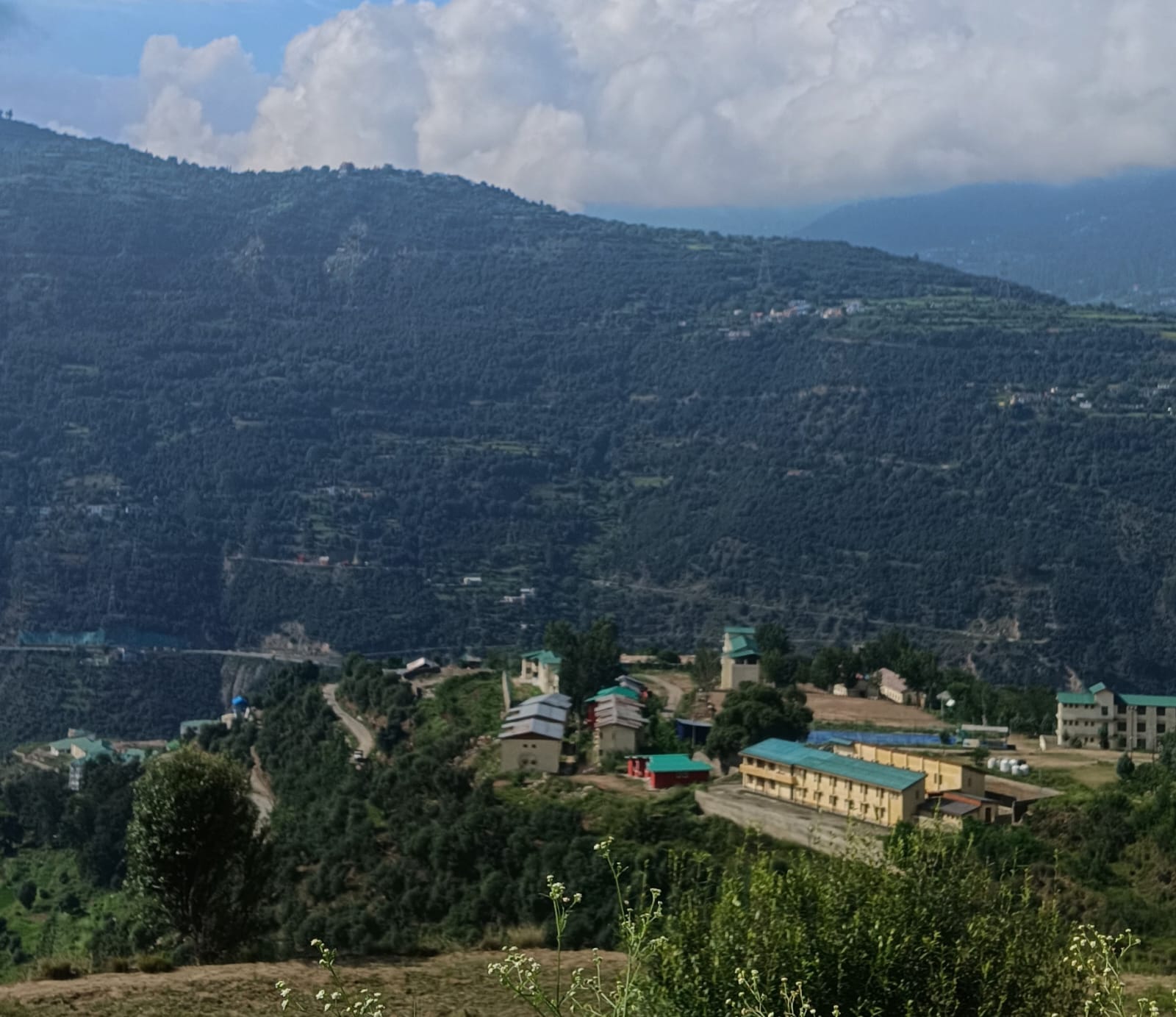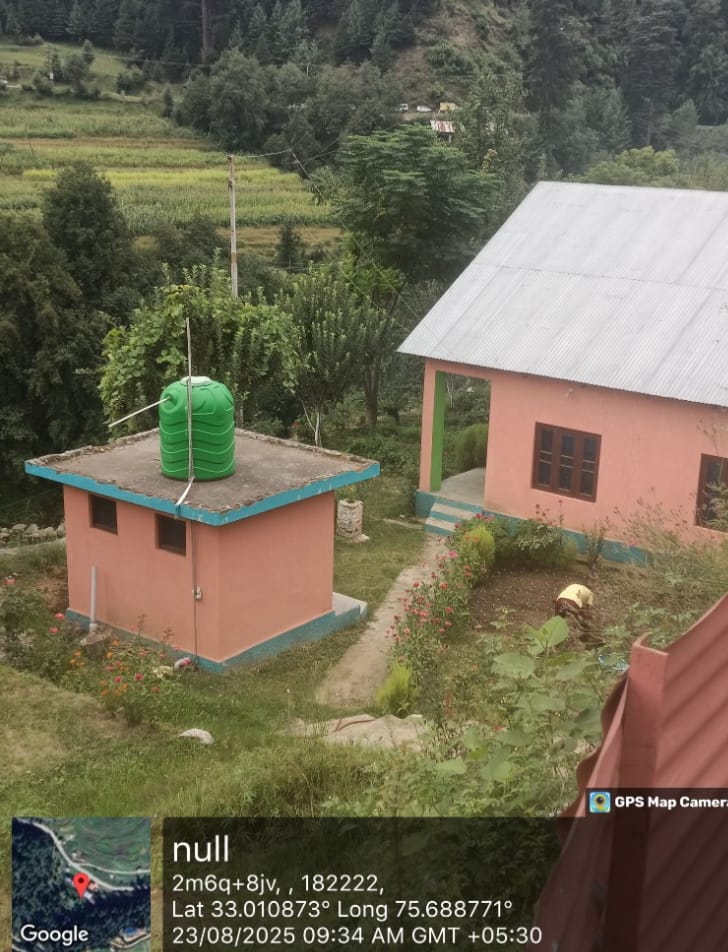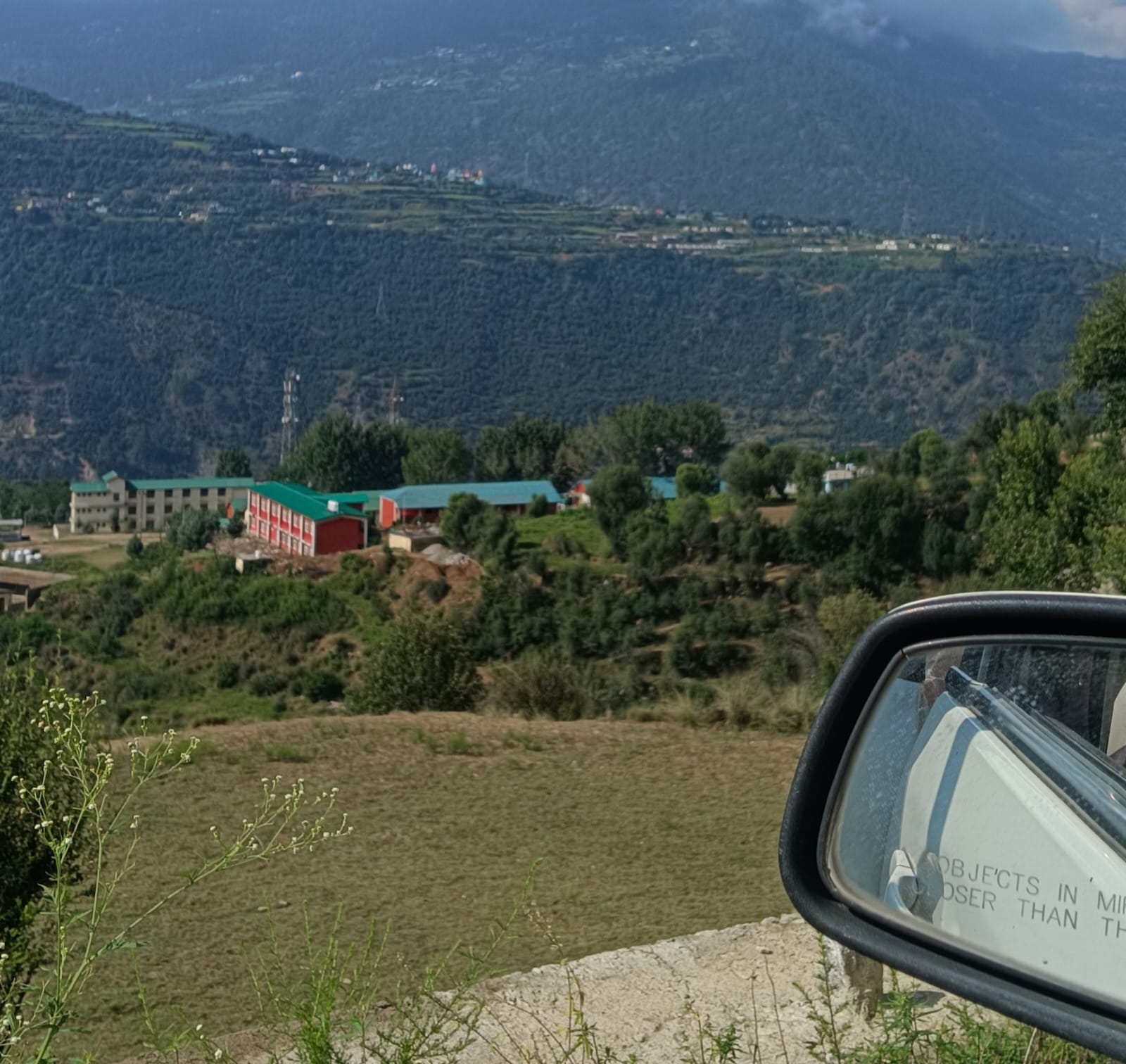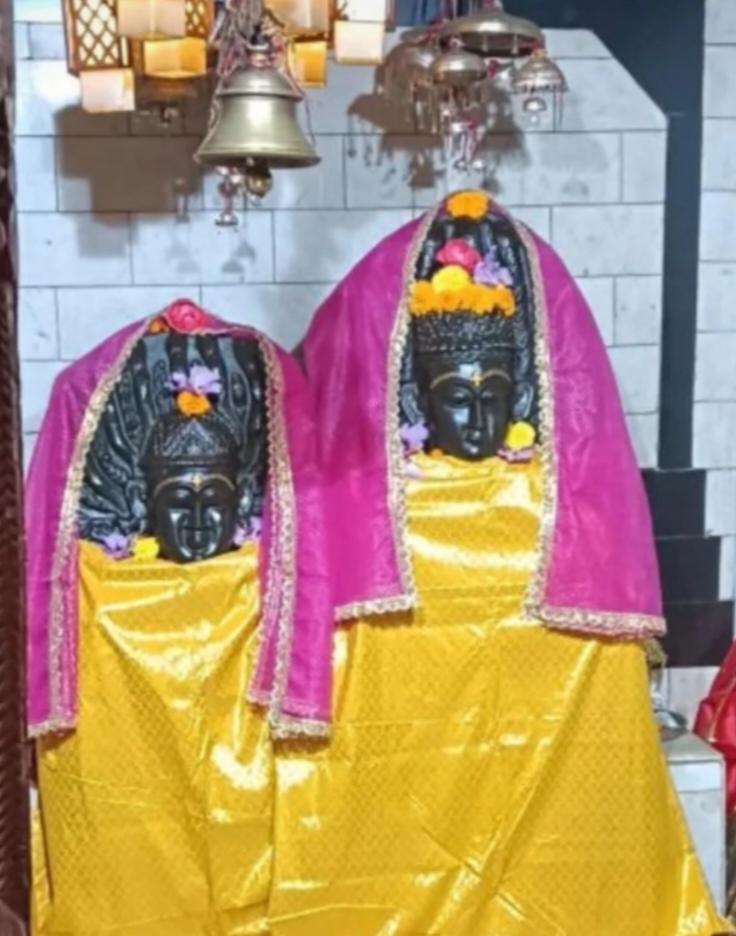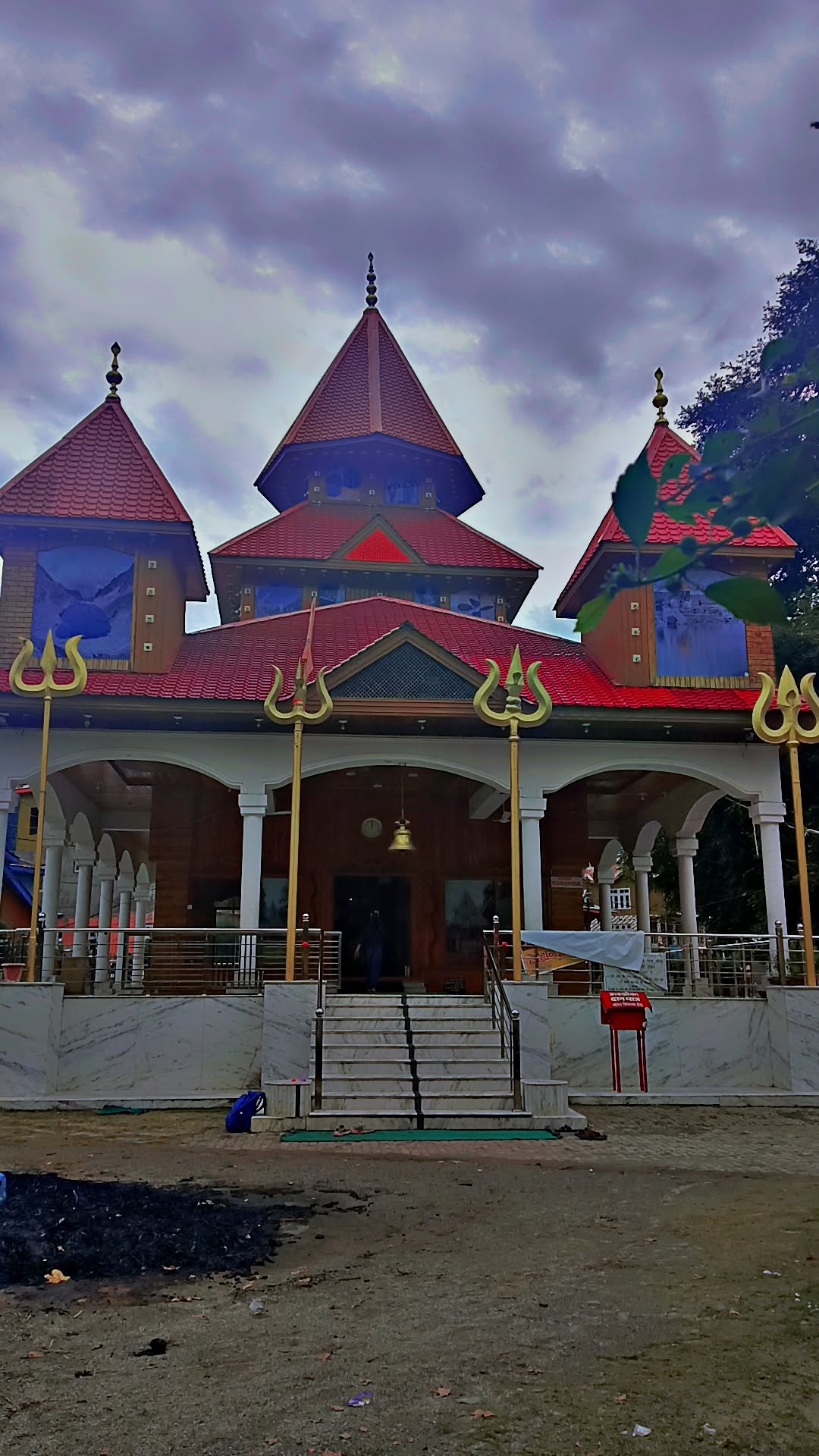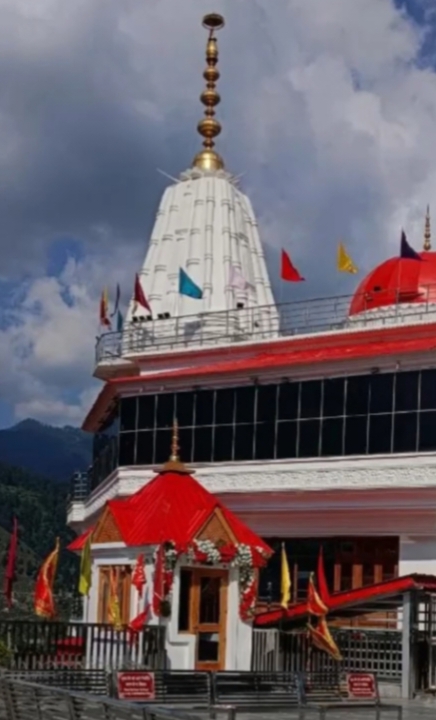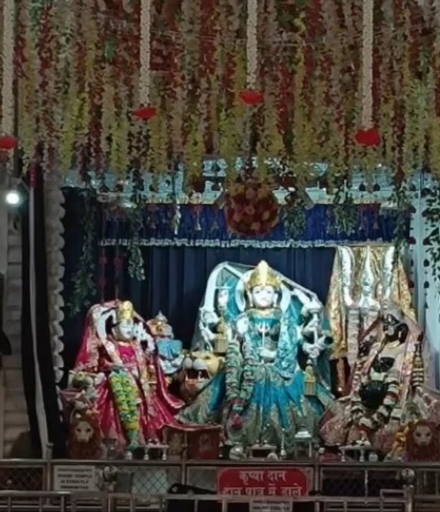Description
Introduction to Kursari :
Kursari, a village in the Bhaderwah region of Jammu and Kashmir, holds a rich cultural and historical identity rooted in Dogra heritage. Known for its temples, oral traditions, and close-knit community, Kursari reflects a blend of spirituality, folklore, and natural beauty. Local landmarks such as the Gupt Ganga Mandir and festivals like Kalash Kud make the village a hub of cultural expression and collective memory. With its serene landscapes and traditions passed down through generations, Kursari embodies the essence of Jammu’s rural life while preserving its heritage.
Cultural Traditions and Festivities :
Culture in Kursari is woven into the fabric of daily life. Festivals such as Kalash Kud, harvest celebrations, and temple fairs bring villagers together in shared joy and rituals. The folk dance of Kalash Kud, performed during special occasions, is a symbol of community spirit and unity. Music, storytelling, and folk performances continue to be preserved by local musicians and dancers. Respect for elders and rituals tied to agriculture and worship strengthen the sense of belonging among the villagers, ensuring that cultural values remain strong across generations.
Natural Landscape and Biodiversity :
Kursari is surrounded by lush natural beauty, with forests of deodar, pine, oak, and walnut trees forming its green cover. Medicinal herbs such as wild mint grow naturally, providing both cultural and health value to the residents. The region is also home to diverse fauna, including the Himalayan monal, pheasants, langurs, leopards, and bears. To protect this biodiversity, villagers actively engage in tree plantation drives, limit hunting practices, and associate nature conservation with temple traditions. This deep respect for the natural world defines the village’s ecological balance.
Conservation and Sustainable Practices :
The community of Kursari takes an active role in preserving the environment. Plantation drives led by villagers and schools emphasize ecological awareness among the younger generation. Eco-tourism is slowly gaining ground, with homestays and nature treks allowing visitors to experience local culture responsibly. Organic farming is promoted to reduce the use of harmful chemicals, and age-old traditions encourage harmony with nature. These efforts not only safeguard Kursari’s biodiversity but also create opportunities for sustainable livelihoods.
Community Life and Social Bonds :
Kursari’s social fabric is shaped by collective rituals, fairs, and community projects. Annual events like Kalash Kud and temple festivals strengthen unity and keep traditions alive. Villagers often come together for projects such as repairing roads, maintaining temples, or conducting literacy drives. There is also a strong system of social support: vulnerable families receive help through food donations, collective farming, and temple-based kitchens. Such practices ensure that values of compassion, equality, and cooperation remain at the heart of Kursari’s lifestyle.
Accessibility and Transport :
Kursari is connected to nearby Bhaderwah, the closest town, by road. Although public transport options are limited, taxis and shared jeeps are commonly used. Within the village, most travel is done on foot, by cycle, or motorbike, since narrow roads limit larger vehicles. Despite the modest infrastructure, these modes of transport reflect the village’s self-sufficient rhythm of life. Connectivity is gradually improving, though mobile networks are patchy and internet access is weak in more remote areas, with providers like Jio and Airtel offering partial coverage.
Health and Wellness Infrastructure :
For healthcare, Kursari relies on a nearby Primary Health Centre (PHC), which provides basic medical services. For advanced treatments, residents travel to Bhaderwah town. Wellness in Kursari is closely tied to its natural surroundings—morning yoga, temple walks, and the clean mountain air contribute to a healthy lifestyle. While the village lacks formal gyms or fitness centers, the natural terrain and daily activities encourage physical fitness and mental well-being in simple, organic ways.
Food and Culinary Heritage :
Cuisine in Kursari reflects the flavors of Dogra tradition and local produce. Rajma Chawal, a hearty combination of red kidney beans and rice, is a staple of daily life. Dishes like Madra, chutneys made from walnuts and pomegranate seeds, and the famous Khatta Meat showcase the region’s culinary richness. Many recipes are family heirlooms, passed down through generations. Visitors can taste these traditional meals in small homestays or eateries run by locals, making food an essential part of Kursari’s hospitality and identity.
Photos
Location Map
Contact Information
| Address |
Kursari area, Bhaderwah Tehsil, Doda District, Jammu & Kashmir, India. |
| Phone Number |
9797545315 |
| Email Address | |
| Website | https://maps.app.goo.gl/EMbMjzK2UQTyxnnj8 |

